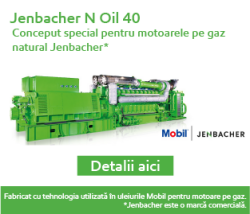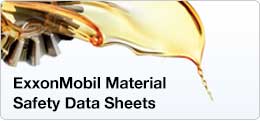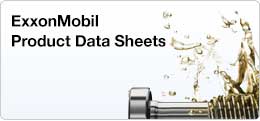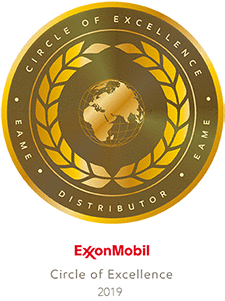5 frequent problems that can occur with lubrication of hydraulic systems
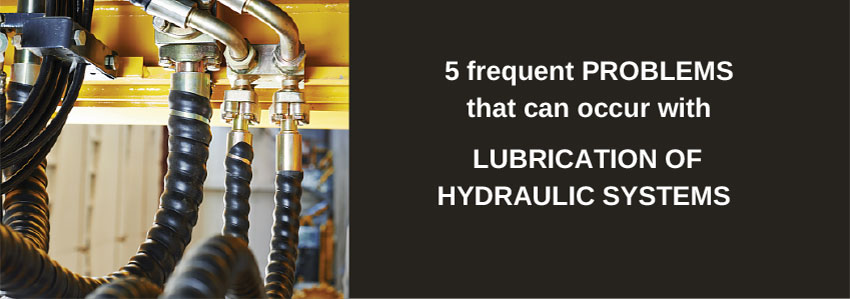 5 frequent problems that can occur with lubrication of hydraulic systems
5 frequent problems that can occur with lubrication of hydraulic systems
The plastics industry is the source of a wide variety of products. Subsectors like packing industry, automotive manufacturing, the construction industry and those of spare parts and electronics are among the most important "consumers" plastics.
There are dozens of industrial methods to produce plastics (injection molding, extrusion and blowing) and no matter the method you choose, the hydraulic effectiveness is a key point for productivity increase.
A hydraulic lubricant like Mobil DTE 10 Excel, distributed in Romania by Star Lubricants, will help you reach hydraulic effectiveness. Nevertheless, there are some inevitable problems when it comes to lubrication, especially because of difficult operating conditions characteristic to the plastics industry. Please find below 5 frequent problems that can occur when lubricating a hydraulic system in the equipment you use in the plastics industry, what causes them and how to ways of tackling.
1. Oil contamination
The most frequent source of oil contamination is dirt that can enter the reservoir. In this way, make sure that the oil and air filters and fittings have no defects or signs of wearing. Also, always store industrial oil in clean spaces, in closed containers and properly labeled.
Aside from the dirt, there are other types of contaminants like those presented here. In order to make sure that the hydraulic system is working at maximum capacity, the control of contamination should be an important part of your maintenance strategy for your industrial equipment.
2. The oil is white or cloudy
If the oil has a cloudy aspect or a whiter color that means that there is air, water or another fluid mixed with it. Air bubbles in the hydraulic oil lead to component erosion in the oil pump. Also, this is one of the aspects that cause oil oxidation and degradation.
Water or another unwanted liquid in the system can accelerate equipment corrosion. This leads to defects in fittings, causing oil loss and hence its accelerated wearing.
Follow the instructions from point 1 to protect the industrial lubricant you use, against contamination. Also, the Star Lubricants team in cooperation with ExxonMobil has made the Signum analysis available for you – a program created by ExxonMobil to offer the users detailed analyses that report on the trend of the state of the equipment, the lubricant and of the contaminants in industrial equipment.
3. Oil overheating
Generally, hydraulic oil temperature does not need to exceed 60° C. An oil temperature that is very high will affect its viscosity, an oil that is thinner being one of the causes for leaks – a real danger for your employees’ safety. Similarly, an industrial lubricant temperature that is too high will also increase oxidation.
The main causes of oil overheating are:
- Worn equipment – generally the oil takes the heat from the components it lubricates and an overheated part is a clear sign of malfunction.
- Using the wrong oil – the oil must have a viscosity that is appropriate for the type of equipment it needs to protect. Always check the instruction book of the equipment and choose the proper industrial oil that is compatible with it.
4. Loud noises in the hydraulic pump
Pumps and hydralic equipment components donțt usually make very loud noises. Thus, any abnormal sound can indicate a problem and can mean either that the equipment is worn out or that it generates excessive heat. The main causes of noise are:
- Airing
- Component wearing
- Syemtem malfunctions
Make sure that you identify what the casue for every noise is and that you remedy it from the start. This is the only way to avoid serious damages that can affect productivity and efficiency of hydraulic equipment.
5. Oil oxidation
This occurs when oxigen particles attack petrol components in lubricants. Oxidation is accelerated by excessive heat, strong light, metallic catalysts, as well as the presence of water or solid contaminants.
Mobil hydraulic lubricants are formulated so that they have the antioxidant properties but once contaminants appear, these properties can lose their power. Implementing a high performance lubrication programme will help you avoid these problems. Click here and contact us to speak to us about the Star Lubricants lubrication program, which can help you anticipate possible problems and help resolve them in time, thus reducing costs.
Mobil Indutrial Round Table 2015 – 1st edition dedicated to plastics industry
In order to be closer to consumers, on the 10th and 11th of November 2015, Star Lubricants will organize, together with ExxonMobil partners, a new edition of Mobil Industrial Round Table. The event will take place in Timișoara (10th of November) and in Bucharest (11th of November) and will have the following subject: "Energy Efficiency, Equipment Cleaning and Productivity Increase in the Plastics Industry." For more details about the first edition of Mobil Industrial Round Table that will focus on the plastics industry click the image below and contact us.




